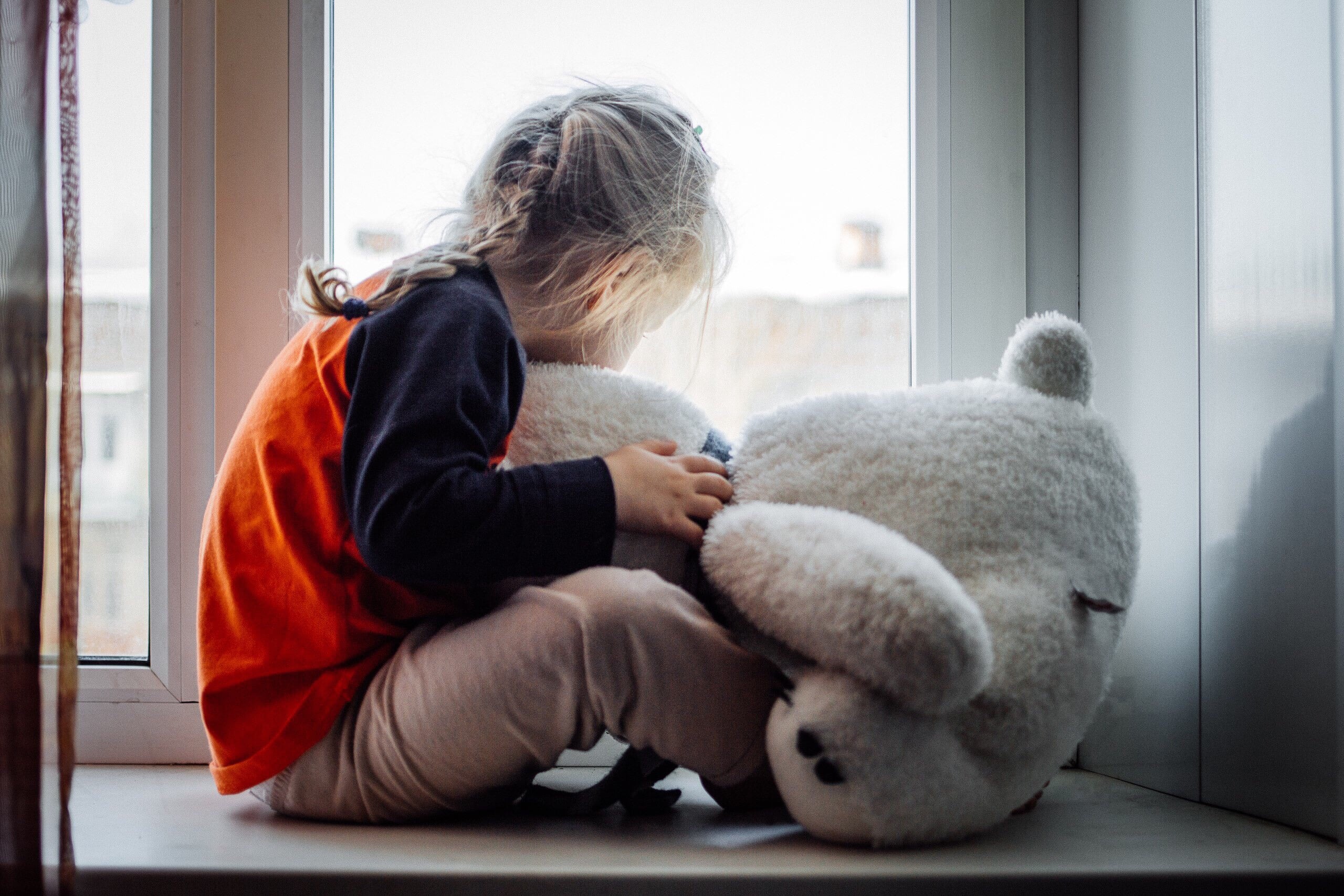How to help your child with grief

Although children may experience grief differently from adults, their experiences can be just as profound and deeply affecting as an adult’s, sometimes even more so.
Just like adults, children experience different types of grief and different stages of grief. Not every child will be affected by grief in the same way and each experience of grief they have may be different to the last.
Whilst we cannot shelter or protect our children from grief, there are plenty of ways of helping your child cope with grief.
In this article, we will find out a little more about how grief affects children and the best ways of speaking to them about grief and supporting them.
If you want to learn more about the support you can offer, check out our early childhood education and care courses.
How to explain grief to a child
Children going through grief can feel very frightened and confused about their feelings and any changes that are going on around them due to the loss. Grief can be a difficult concept to explain to children, so it’s best to do so in straightforward terms to avoid confusing them further.
If someone has died, it can seem blunt to tell the child that they are dead, and many people try to soften the news using terms like ‘gone to sleep’ or ‘we’ve lost them’, but this can be confusing, especially for young children. Keep things simple and use terminology that is age-appropriate to help children to understand and come to terms with what has happened more quickly.
It’s important to let children know that they are likely to experience a whole barrage of different feelings and emotions about the loss that they’ve experienced and that these feelings are all ok and natural to have. Let them know that you accept and even welcome all their feelings and emotions whilst they are grieving so that they know that they have a safe space to express and work through their grief freely.
If you’re speaking to older children, it can be helpful to let them know that although their grief feels big now, with time, they will have more space in their heads for other thoughts and feelings and their grief won’t always be so all-consuming.
How do you know if your child is grieving?
Children can feel grief for a variety of reasons. The most obvious reason for a child to grieve is because someone they know has died. Another common cause of grief in children is the perceived loss of a parent due to a divorce or separation.
The signs that a child is grieving can vary vastly depending on factors including the circumstances of the loss and the age of the child. Some signs of grief to look out for include:
- Inconsolable crying.
- Sleep problems.
- Anxiety.
- Stomach aches.
- Loss of appetite.
- Angry outbursts.
- Constantly searching for the person.
- Clinginess.
- Withdrawal.
- Sadness.
- Behavioural problems.
- Regressive behaviour.
- Lack of concentration.
Young children tend to ‘puddle-jump’ when grieving. This is a term used to describe how children dip in and out of their grief. They may be very upset and distressed one minute and then become distracted and play happily for a while straight after. This is a perfectly natural response.
How to help your child when they are grieving
Watching your child going through grief can be a painful experience and you’ll want to do everything you can to support them and lighten their load a little.
If we look at some of the top ways to support and help an adult through grief, many of them are still applicable to children.
We’ve put together some key advice for helping your child cope with grief.
Don’t shy away from the subject – Most children are scared and confused when going through grief, don’t let them sit alone with these feelings. Speak to them about their loss and the way they’re feeling in a way that is simple, straightforward, and age-appropriate.
Spend quality time with them – Spending quality time with your child allows them to speak to you about how they are feeling, feel less alone, and help to take their mind off their grief.
Accept all their emotions – Children go through a huge range of emotions during the grieving process. By accepting the good, the bad, and the ugly, you provide your child with a non-judgemental space to work through their grief.
Help them to find an outlet for their grief – Encourage them to keep up with activities and hobbies that they enjoy during this time and encourage them to find a healthy outlet for their grief, for example writing, music, art, or sport.
Listen and don’t try to fix – Talking about their feelings can help a child work through their grief. Practice active listening and empathy and resist the urge to try to ‘fix’ how they are feeling. Your child needs your support, compassion, and patience as they go through the stages of grief.